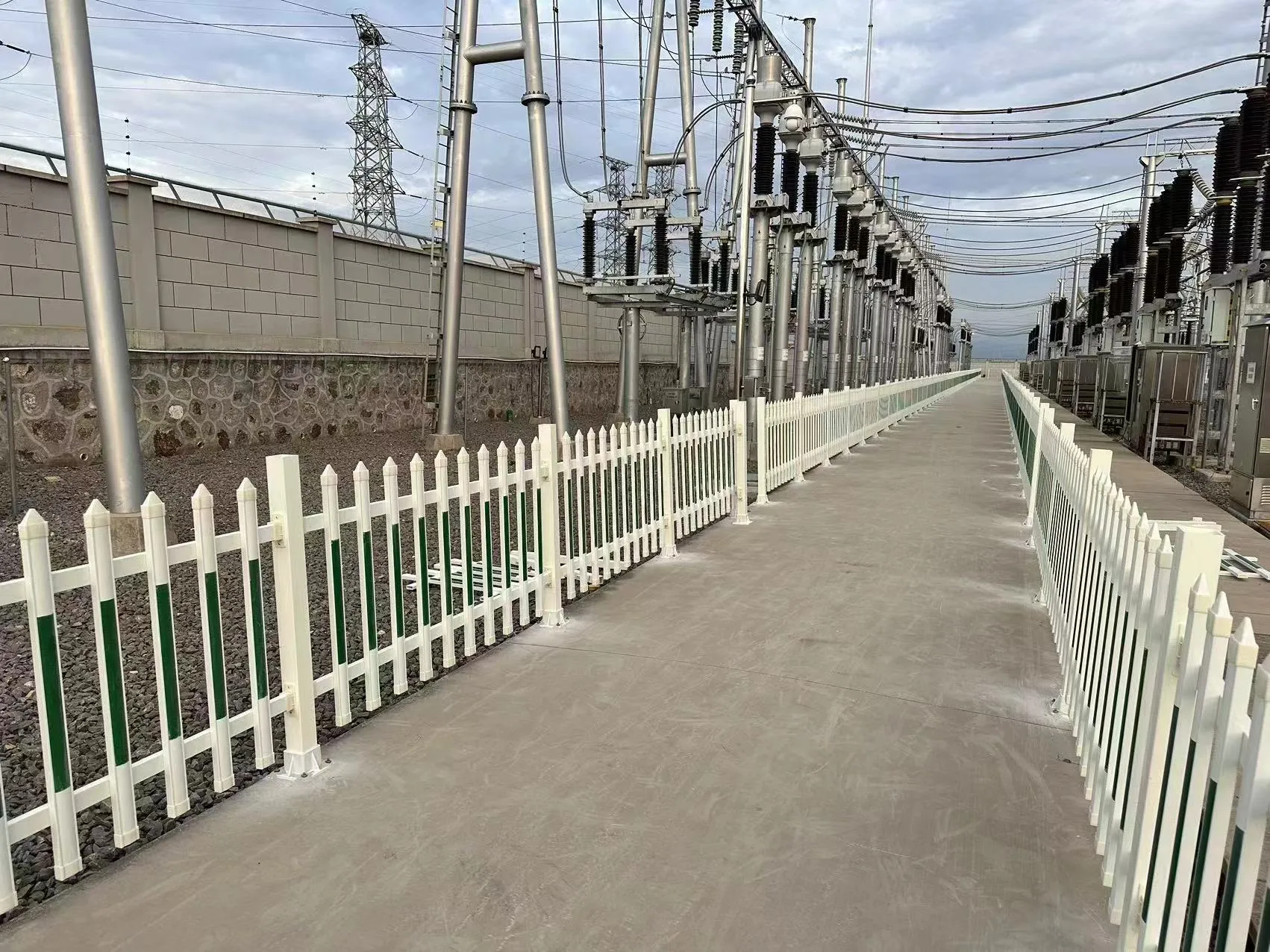loading...
- No. 9, Xingyuan South Street, Dongwaihuan Road, Zaoqiang County, Hengshui, Hebei, China
- admin@zjcomposites.com
- +86 15097380338
- Welcome to visit our website!
fibreglass reinforced plastic grating
The Advantages of Fiberglass Reinforced Plastic Grating
Fiberglass Reinforced Plastic Grating, commonly referred to as FRP grating, is an innovative material that has gained popularity across various industries due to its unique combination of strength, durability, and lightweight characteristics. This article explores the benefits of FRP grating, making it an ideal choice for numerous applications.
Understanding FRP Grating
FRP grating is made from a resin-based composite material reinforced with fiberglass. The manufacturing process involves blending resin with glass fibers, then molding the mixture into panels or grids that can be cut to various sizes and shapes. This process results in a product that boasts outstanding mechanical properties, making it suitable for both industrial and commercial uses.
Key Advantages
1. Corrosion Resistance One of the most significant benefits of FRP grating is its excellent resistance to corrosion. Unlike traditional materials like steel, FRP does not rust or degrade in harsh environments, including chemical exposure, saltwater, and other corrosive substances. This makes it an ideal choice for industries such as chemical processing, maritime, and wastewater treatment.
2. Lightweight FRP grating is significantly lighter than metal counterparts, providing ease of handling and installation. Its lightweight nature reduces the need for heavy lifting equipment and minimizes transportation costs. Moreover, the lower weight doesn’t compromise its strength, as it can support substantial loads while being easy to work with.
3. High Strength-to-Weight Ratio The strength-to-weight ratio of FRP grating is among the highest of any material. It can withstand heavy loads and resist impact without bending or breaking. This property is crucial in applications such as walkways, platforms, and industrial flooring where heavy equipment is in use.
4. Slip Resistance Safety is a paramount concern in industrial and commercial settings. FRP grating is available in a variety of slip-resistant surface textures that ensure safe footing in wet, oily, or dirty conditions. This feature helps to prevent accidents and injuries, making it a preferred choice for walkways and workspaces.
fibreglass reinforced plastic grating

5. Low Maintenance The durability and corrosion resistance of FRP grating translate into low maintenance costs. Unlike metal grates that may require regular painting or maintenance to prevent rust, FRP remains unaffected by environmental conditions, allowing for long-term use without the need for significant upkeep.
6. Aesthetic Flexibility FRP grating comes in various colors and designs, enhancing its applicability in environments where aesthetics are important, such as in architectural applications or outdoor settings. The ability to customize the appearance of FRP grating allows it to blend seamlessly into its surroundings.
7. Environmental Considerations As industries increasingly focus on sustainability, FRP grating presents an eco-friendly option. It is manufactured from non-toxic materials and can be recycled at the end of its useful life. This commitment to sustainability resonates well with companies looking to reduce their environmental footprint.
Applications of FRP Grating
Given its numerous advantages, FRP grating is utilized in a wide range of applications. Some common uses include
- Walkways and Platforms Ideal for public walkways, industrial platforms, and access areas where regular foot traffic occurs. - Cooling Towers Used as flooring in cooling towers due to its resistance to harsh chemicals and moisture. - Mezzanines Assists in creating lightweight mezzanine floors that can support loads without the risk of sagging. - Water Treatment Facilities Suitable for use in areas exposed to water and chemicals, helping to prevent corrosion-related issues. - Transportation Hubs Employed in railways, bridges, and docks to ensure safe and reliable footing while minimizing maintenance needs.
Conclusion
Fiberglass Reinforced Plastic grating has emerged as a superior alternative for a variety of industrial and commercial needs. Its unique properties—corrosion resistance, lightweight, high strength, slip resistance, low maintenance, aesthetic flexibility, and environmental benefits—position it as an excellent choice across multiple domains. As industries continue to evolve, the demand for durable, safe, and sustainable materials like FRP grating is only expected to grow, solidifying its place in the future of construction and industrial design.
-
Revolutionary Modular Handrail Systems Redefine Safety StandardsNewsMay.15,2025
-
Innovative Water Treatment Technologies for Purer WaterNewsMay.15,2025
-
Innovative Square Water Tank SystemsNewsMay.15,2025
-
Innovative Galvanized Steel Water TanksNewsMay.15,2025
-
Innovative FRP Grating Products Revolutionize Industrial FlooringNewsMay.15,2025
-
Fiberglass Storage Tanks for Reliable Water SolutionsNewsMay.15,2025
-
The Benefits and Uses of Covered Grating SolutionsNewsMay.12,2025
